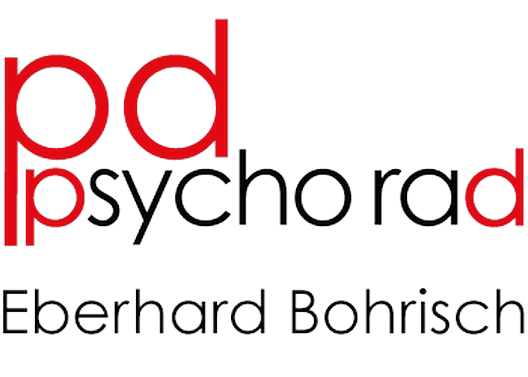Ops – I know that one!
My coachee has my problem.
The probability that I know the problems of my coachee from my own experience is high.
If these are the ones I have worked through and „dealt with“ in the meantime, this is an advantage. It strengthens perception and empathy. I know the patterns and tricks of how not to solve the problem and, by now, also the ones that led to their solution in my case. I will go into this case in more detail in a later post.
But what if I am still in the middle of it? When it still hurts, and I don’t yet see a way out? What to do, then?
As a young counsellor, the following happened to me once. Unfortunately, I didn’t realise that a maritial-conflict I was working with was related to one of my current conflicts, a heated argument with a colleague and co-worker that ultimately led to our separation.
When I finally realised that there was an interaction between the two processes, I realised why I was torturing myself and my clients with this case. I then revealed this to the couple and ended the counselling. Even today, I find this very unsatisfactory.
I think I would notice such interference earlier today, and I hope I will find a more constructive solution for the couple today. In addition, the story shows how important it is that we constantly let others accompany us in our work.
My story also makes it very clear how important it is that our colleagues and supervisors not only know the details of our work and the current cases. Rather, it is essential that we are also in regular exchange with them about our personal questions and problems. If this is not the case, no one has a chance to notice what is going on and to address us on it.
This is the only way to avoid interactions with private difficulties, for example, with couples and family conflicts, as far as possible!
The basic rule is:
If your client has a current problem in common with you, counselling by you is strongly discouraged.
